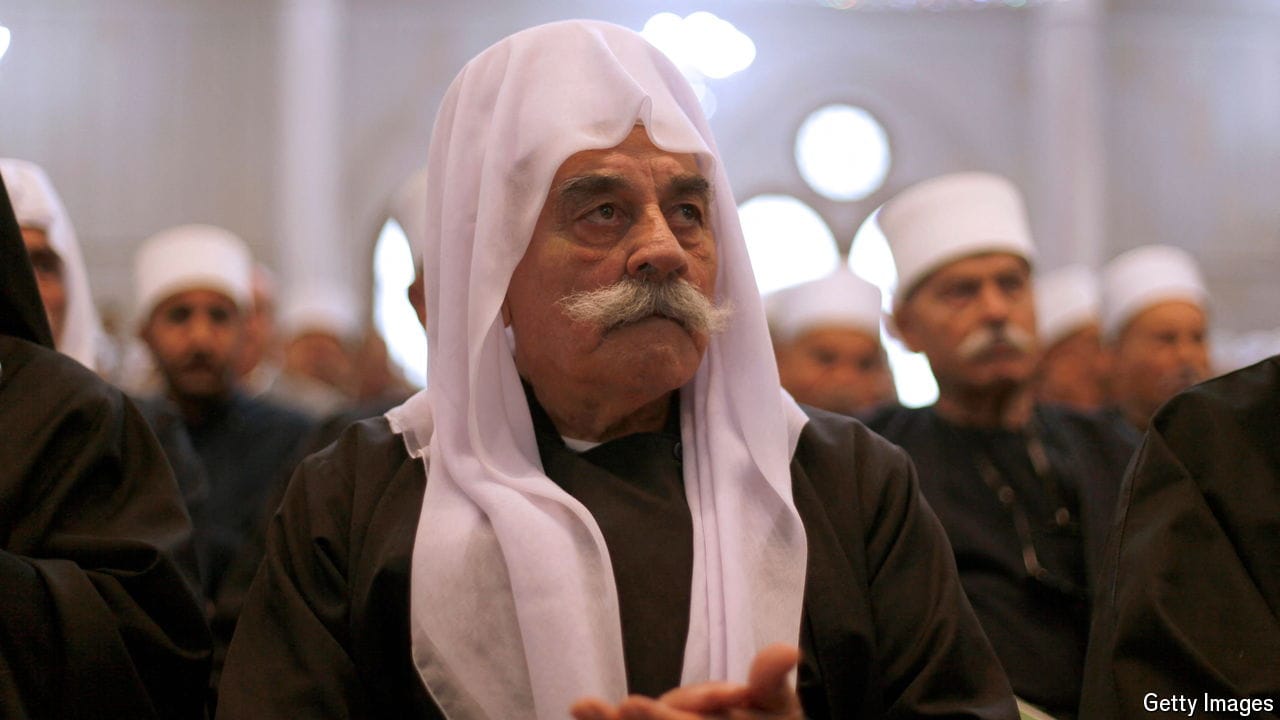Does the First Amendment protect threatening language?
America’s Supreme Court considers the role of intent in menacing statements

FREEDOM OF EXPRESSION, America’s Supreme Court wrote in 1937, is “the matrix, the indispensable condition of nearly every other form of freedom”. Very few types of speech fall outside that sanctuary. Only language that is obscene, false or misleading in a commercial context, or that defames or directly incites or provokes violence is unprotected by the wide umbrella of the First Amendment’s free-speech guarantee. The Supreme Court has over decades gradually clarified the boundaries of these categories. But it has never offered a precise account of how to determine when threatening expression crosses the line from protected to proscribable. A large unresolved issue involves intent: Is a statement a “true threat” only if the speaker intends it to be a threat? Or can a statement count as a threat in the eyes of a reasonable listener even if the speaker never intended it that way?
The issue comes before the nine justices on April 19th in Counterman v Colorado. The case asks whether Billy Raymond Counterman’s slew of strange and off-putting messages to Coles Whalen, a singer in Denver, are protected speech. If Mr Counterman prevails, his four-and-a-half-year prison sentence for violating Colorado’s anti-stalking law will be reversed. But the ruling, expected by the end of June, will also have broader implications everywhere in America on the scope of the government’s authority to protect individuals from harassment and other harms.
More from The Economist explains

Who are the Druze, the victims of a deadly strike on Israel?
The religious minority has often been caught up in regional crossfire in the Middle East

Myanmar’s rapidly changing civil war, in maps and charts
Ethnic militias and pro-democracy groups are scoring victories against the governing junta

Who will be Kamala Harris’s running-mate?
She is reportedly vetting a dozen options. These are the top three
Why have so few American presidents been from the West?
Kamala Harris’s nomination would be a milestone for the region
Why the Olympics still has a doping problem
Cheating with drugs has again become an organised affair
Why some Russian athletes will be eligible to compete at the Paris Olympics
Despite antipathy between the Russian government and the International Olympic Committee a handful will compete